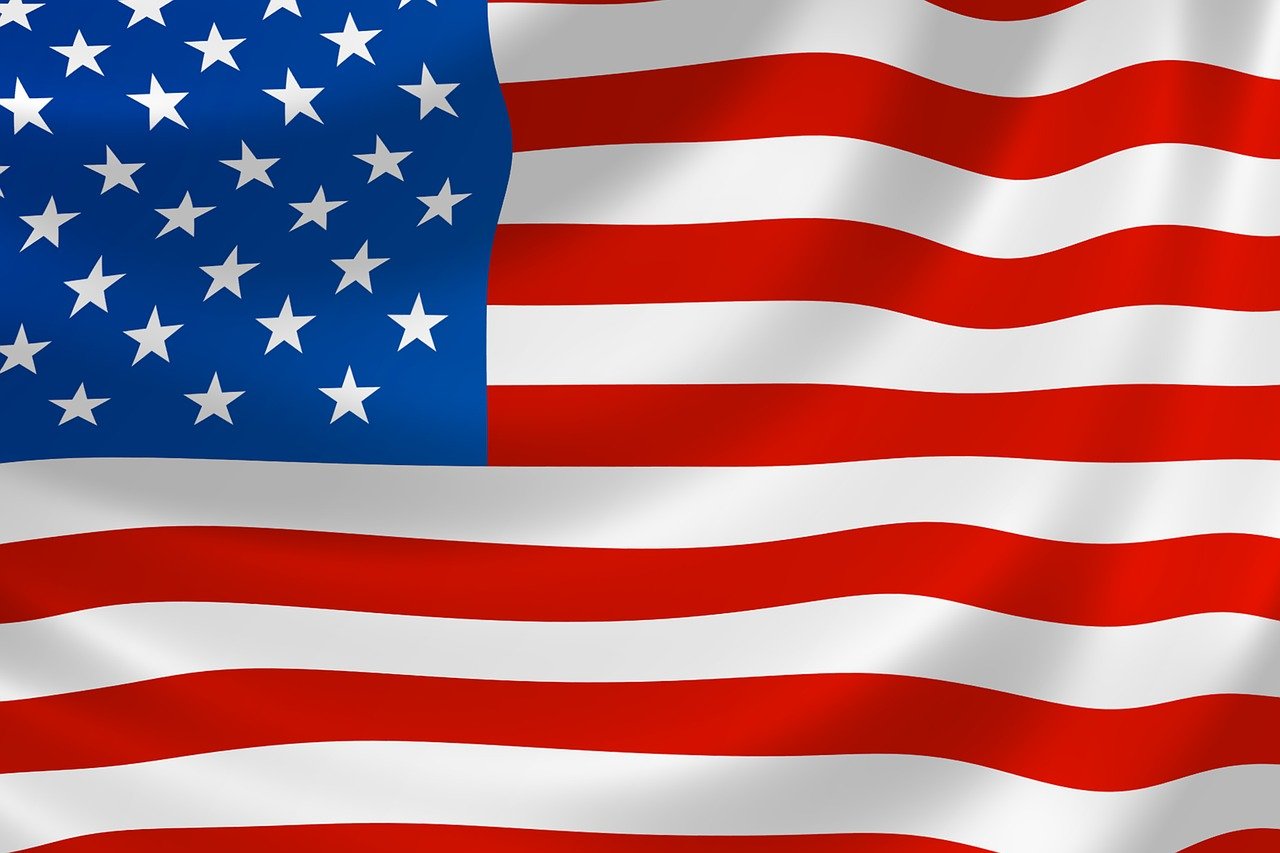On March 18, 2024, the U.S. Environmental Protection Agency (EPA) announced that it has finished the risk management rule under the updated existing chemical review process in Toxic Substances Control Act (TSCA), banning the manufacture, import, processing, distribution and use of chrysotile asbestos in: diaphragms in the chlor-alkali industry; sheet gaskets in chemical production; brake blocks in the oil industry; aftermarket automotive brakes and linings; other vehicle friction products; and other gaskets, etc.

Asbestos, recognized as a carcinogen, has long posed a serious threat to public health, being linked to cancers such as lung cancer, ovarian cancer, and laryngeal cancer. Its use has been banned in over 50 countries worldwide. Although there are various forms of asbestos, the use of chrysotile asbestos is primarily involved in the US at present. This ban marks the first comprehensive implementation of the TSCA amendment of 2016.
The ban will take effect from 60 days after the rule’s publication in the Federal Register. The EPA has set a reasonable transition period, and the implementation of the ban will be phased:
1. Chlor-alkali industry: It will require at least five years to gradually phase out the use of asbestos diaphragms. There are still eight chlor-alkali plants in the US using asbestos diaphragms, which together produce about one-third of the national chlorine supply. These facilities shall switch to non-asbestos diaphragm or non-asbestos membrane technology, with the final rule ensuring that six of them complete this transition within five years, and the remaining two will follow suit.
2. Asbestos-containing sheet gaskets in chemical production: These are banned within two years after the rule takes effect, which is usually 60 days after publication.
3. Within two years after the final rule becomes effective, most asbestos-containing sheet gaskets will be banned, with a five-year transition period for those used in titanium dioxide production and nuclear material processing. Installed gaskets may continue to be used.
4. Brake blocks in the oil industry, aftermarket automotive brakes and linings, other vehicle friction products and other gaskets: These will be banned within six months after the rule takes effect. Installed products may continue to be used.
5. U.S. Department of Energy Savannah River Site: The use of asbestos-containing sheet gaskets will be allowed until 2037 to ensure the safe disposal of nuclear materials is not compromised while protecting workers from exposure to radioactive materials.
The EPA is requiring owners or operators to comply with an eight-hour existing chemical exposure limit (ECEL) of 0.005 fibers (f)/cubic centimeter (cc), beginning six months after the final rule takes effect. And it is requiring workplace safety measures to protect workers from asbestos exposure during any phaseout periods longer than two years.
Separately, EPA is also evaluating other types of asbestos fibers in part 2 of the asbestos risk evaluation. EPA will release part 2 of the draft risk evaluation soon and will publish the final risk evaluation by the end of 2024.
If you need any assistance or have any questions, please get in touch with us via test@cirs-group.com.
Further Information
